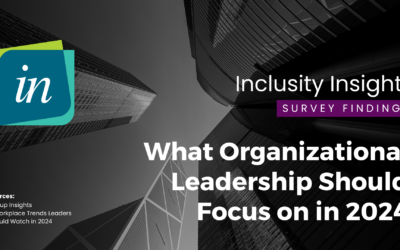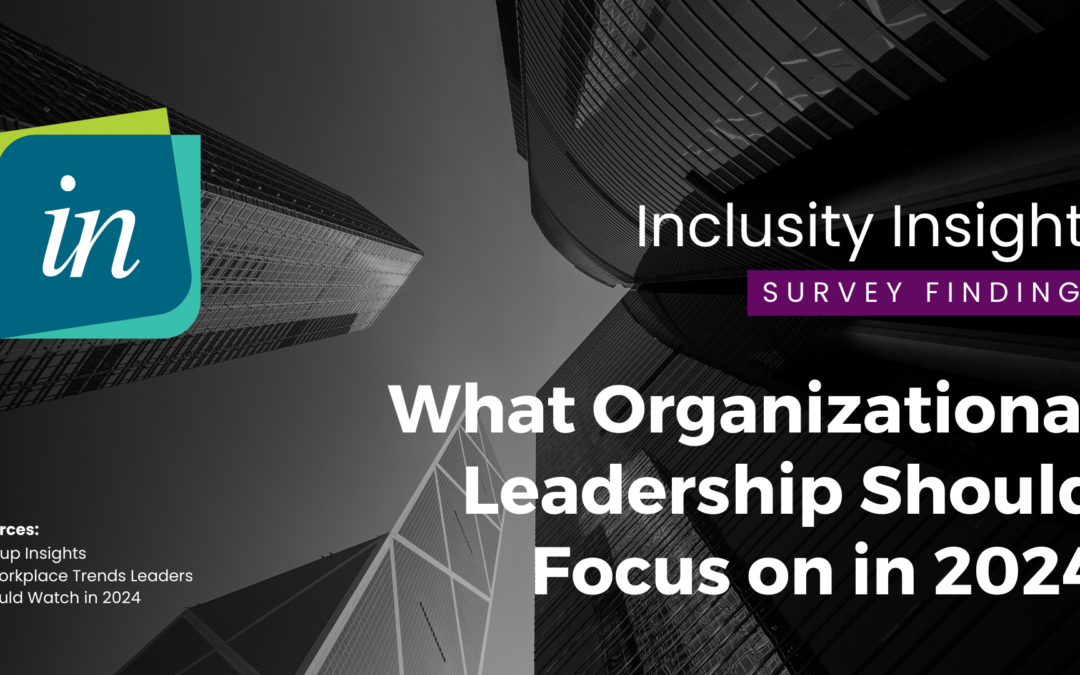“It is only with the heart that one can see rightly, what is essential, is invisible to the eye.” – The Little Prince
Why is Empathy and Leadership so Important?
We are presented with a steady stream of messaging that encourages us to embrace others and see the world through their eyes. On the other hand, there are those that suggest empathy can be fraught with challenges, especially for those in leadership. In fact, in the book Against Empathy: The Case for Rational Compassion, Paul Bloom argues that empathy can impair judgment.
For me, the challenge is not about taking my “empathetic” self to work but to refrain from being immersed in the situation. Empathy is as natural to me as breathing air – absorbing others’ vibes, putting myself in their shoes and “feeling” their pain.
Early in my career, I set aside my natural tendencies toward empathy and attempted to not ‘‘show up”. What I conveyed to others and what I felt internally were not aligned. This felt disingenuous. Through this experience I quickly realized that being myself was the only choice and made the personal decision to be authentic.
With a previous employer, I was faced with closing a division within the company. Working through the transition, moving a group of dedicated employees and loyal customers to a state of being displaced workers and customers without much needed services, was devastating. Trust me, I am by no means a hero, but to this day I am convinced that what happened next was due in large part to being in tune with my feelings of empathy.
My capacity for understanding propelled me forward and gave me the courage to ask leadership to consider and approve a different plan. Collectively, a few of us went on to move mountains, keeping the division open long enough to identify another source for our loyal customers and offer alternative employment to staff members. In fact, the team bond was strengthened and three of those individuals went on to work alongside me in another division. I believe demonstrating empathy in the workplace is key and we can’t lead effectively without it.
Empathy is also key to building an inclusive work environment where a business and its employees can thrive. Leaders must be able to effectively communicate and build trusting work relationships with different kinds of people. Some individuals have a natural ability to feel comfortable with different types of people and can easily build camaraderie among their co-workers and subordinates. It’s a mark of strength – a balance of intelligence, self-awareness and understanding.
Recently I attended a training class designed to help define yourself, what connects you to other, and why. I took away a better understanding of how important it is to recognize and value every part of myself. Empathy is the core of emotional intelligence and how can you possibly be a leader without it. That’s why empathy and leadership are intertwined.
One thing I know for sure is that I must recognize and value every part of myself. And I am not alone, Lucas Pols echoes my sentiments in his Forbes article, “The Importance Of Empathy In Leadership” where he states, “The ability to get out of your own mental framework and put yourself in other peoples’ shoes is essential for impactful communication, crisis management, business strategy, sales and marketing and successful business.” Forbes article. Simply – I am a work in progress.














